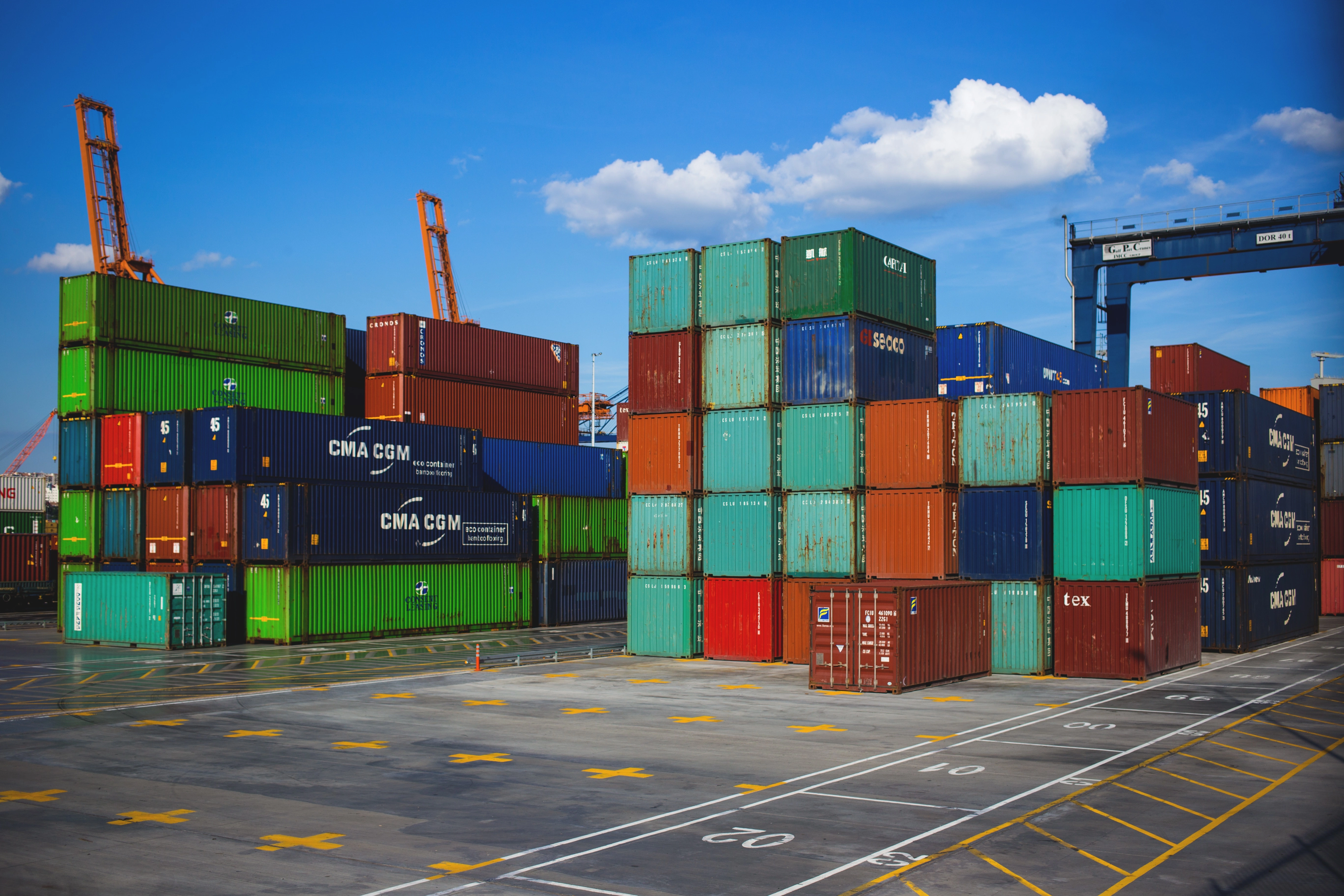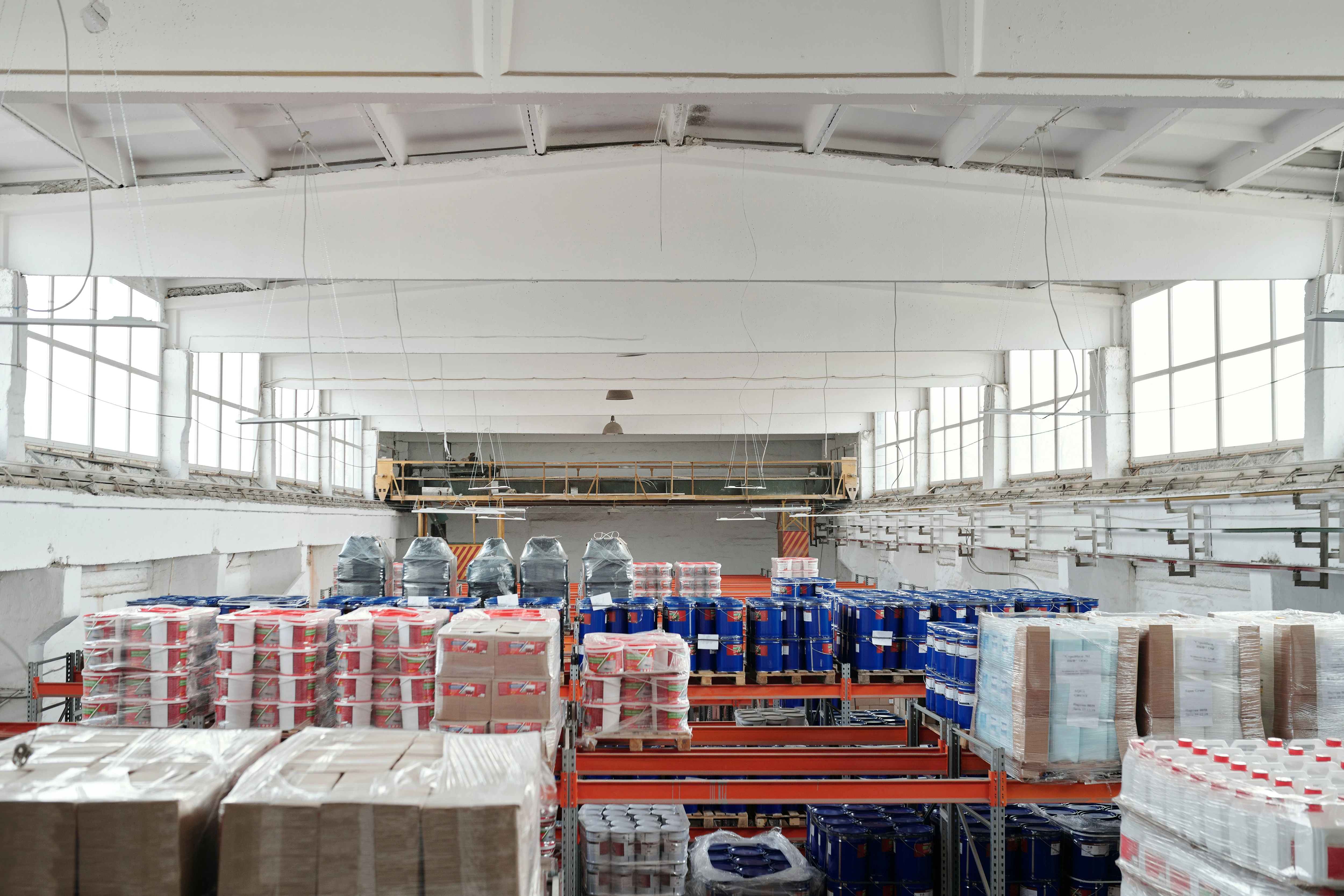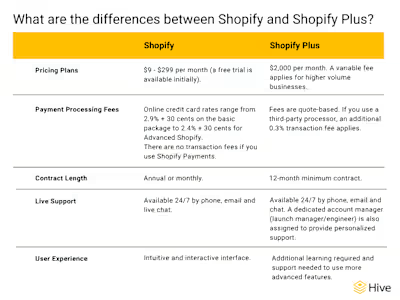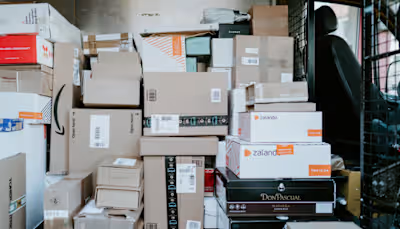2,000-word blog for Hive: 3PL vs 4PL: What is the difference?

3PL and 4PL serve two different supply chain functions. What is interesting is the 3PL vs 4PL mindset, which gives the impression that the two are somehow in competition with each other. However, each one is suited to supply chains depending on the needs of a specific business. The question is, which one is best for your e-commerce enterprise?
Advantages and disadvantages of 3pl vs 4pl
What is 3PL?
3PL stands for Third-Party Logistics. A 3PL provider supports the day-to-day operations of your inbound and outbound supply chain logistics, including the distribution management, warehousing and order fulfillment.
Pros and cons of 3PL
Third party logistics offers a series of benefits and challenges.
Pros can include:
Supply chain logistics tasks are handled by someone else
You have specialists managing different supply chain functions
There are a variety of flexible service options
Reduction in business operation costs
The ability to scale and optimize operations
The opportunity to test new markets overseas
Downsides can include:
Loss of control over some of your inventory
Less oversight of delivery processes
Finding a reliable provider can be time consuming
Poor service could reflect badly on your business

Advantages and disadvantages of 3PL explained
Pro: tedious supply chain tasks are managed by someone else
Third-party logistics reduces the pressure on you to manage the labor-intensive steps of supply chain logistics, such as distribution and inventory management. It's all taken care of by a dedicated team of professionals. All you have to do is track your inventory remotely. This frees you up to focus on other important parts of your business and reduces your labor costs.
Con: loss of control over the entire process
In handing over the management of some of your supply chain logistics, it means that you lose some visibility over the process. You might want to remain in control of your goods, but when you outsource to a 3PL, this isn't always possible.
Pro: you have a team of specialists working on your behalf
Working with a 3PL provider gives you access to a team of specialist professionals to manage your inventory and logistics. Your customers will receive all the services they need, from labeling to delivery, logistics specialists will help to enhance people's experience of your brand.
Con: finding a 3PL provider you can trust
Not all 3PL providers are equal. You will need to invest some time in researching 3PL companies to find the right one for your business. Outsourcing requires someone you can trust and build relationship with in order to deliver effective supply chain logistics for your company.
Pro: highly flexible service options
Third-party logistics comes with a range of flexible service options, including additional services to make it easier for you to run and manage your business. For example, you could outsource your customer service and shipping requirements to a warehouse fulfillment center. This would further streamline your requirements and makes your business more agile.
Con: poor service could hit your company
By increasing the number of services required from a 3PL provider, the greater the risk of a poor service reflecting badly on your business. For example, the inefficiency of a 3PL warehouse could cause frustration for your customers. However, the fact is, your customers don't care who is getting their goods to them, they only care about it being delivered. That's why choosing the right 3PL is important.

What is 4PL?
In the context of 3PL vs 4PL, a 4PL is simply the next step up from a 3PL. Where a 3PL focuses on the day-to-day operations of your supply chain logistics, a 4PL takes over your entire operation, giving you room to scale-up, grow and expand your e-commerce enterprise.
In some cases, a 4PL will manage a 3PL on behalf of your business, which eliminates this whole idea of 3PL vs 4PL, and demonstrates how the two can function together.
Think of it like this, 3PL is the working hands of your supply chain, while the 4PL is the brain that controls what those hands are doing. The goal of 4PL is to give your business one point of contact for each function of your supply chain, which looks something like this:
Managing your warehouses
Organizing and arranging courier services
Dealing with customs agents
The list is not exhaustive, but generally speaking, everything that involves moving goods from A to B will be supervised by your 4PL.
The point of 4PL is to sync up your entire supply chain. A 4PL can analyze the overall efficiency and profitability of your supply chain and business as a whole. 4PL providers tend to be specialists in strategy, project management and analysis, helping you to identify the best ways to streamline your business and reduce operational costs.
Pros and cons of 4PL
There are many advantages of 4PL, but equally there are a number of challenges. Some of the advantages of 4PL include:
Powerful integrated tech solutions
A single interface to manage different transport and logistics services
One point of contact for all transportation and logistics operations
A fully comprehensive solution for a range of complex supply chain needs
Advantages of 4PL
Powerful integrated tech solutions
Working with a 4PL provider gives you access to advanced software and data analysis tools, which will give your business a better and more accurate reflection of what's happening across your supply chain. Data is the currency of the modern supply chain, enabling you to better understand, and improve, your operating model on a deep analytical level.
What's great about an effective 4PL is that you get all the benefits of in-depth data analysis without having to remove your focus away from your core business.
A single interface
A 4PL provider gives you one single interface between multiple suppliers and logistics providers. This makes your supply chain much more manageable, and reduces the complexity of trying to manage individual functions.
You won't have to try and coordinate multiple suppliers in a disjointed way. Meanwhile, the specialist operational support that a 4PL provider can give you, means that improving efficiency across your supply chain becomes a continual process. Effectively, 4PL is a long-term solution that will help you to tackle root cause issues that will improve the overall health of your supply chain.
One point of contact
A key advantage of working with a 4PL provider is that it gives you one point of contact to manage the entirety of your supply chain logistics from your supplier, to 4pl warehouse, and more. This removes all the touchpoints that you would have to handle if you were to manage all the functions by yourself. Therefore, you are free to focus on other core aspects of your business and improve operational efficiency.
A fully comprehensive solution
Partnering with a 4PL means that all of the above benefits contribute to optimizing your supply chain for a fully comprehensive solution. An optimized supply chain gives your business greater flexibility, and equips you to respond quickly to changing markets.
As a result, you gain a greater competitive edge. Plus, an optimized supply chain helps you to bring your operational costs down, which means there is a financial incentive for partnering with a 4PL provider.
3PL vs 4PL: which is best for your business?
To be clear, it's not necessarily the case that a 4PL provider is better than a 3PL company. Each service offers different functions. However, there are certain considerations that will help you decide which is right for your company.
In most cases, the decision to work with a 3PL or a 4PL rests on several factors:
The size of your business
Your growth plans
Affordability
There might be other factors at play, but the key factor when choosing between a 3PL and 4PL is most often the size of the business. If you are a small to medium-sized business, partnering with a 3PL will likely be the most beneficial.
The best 3PL companies are great at managing some of the key functions of your supply chain, including:
Warehousing
Freight forwarding
Inventory management
The list goes on. With these aspects of your supply chain managed, you're free to focus on sales and marketing tactics while sustainably managing your business as it grows.
If you are a larger business looking to make a major expansion or receive a huge investment, then a 4PL might be better suited to your needs.
What's great about a 4PL is that they can manage your 3PL on your behalf, meaning that your business gets the benefit of both. Plus, you can rest assured that your entire supply chain logistics operation is covered.
Arguably, one of the most important considerations for determining whether a 3PL or 4PL is right for your business, is ensuring that whichever provider you choose has business values that align with your own.
What is the logistics industry saying?
According to an article published by Supply Chain Digital, 3PLs and 4PLs can play a key role in driving supply chain transformation.
The report refers to an interview with Group Director of Logistics with McLaren Automotive, Ashley Naughton, who said: “I think third- and fourth-party logistics providers have a critical role to play, because they are often able to see disruptions early, particularly with regards to logistics routes."
“A lot of disruption that we've seen over the past couple of years has come through logistics issues. The Suez canal issue, for example, is a classic case of where transportation was severely affected.
"3PLs and 4PLs are often best placed to analyze how such disruptive events might impact a company’s ability to deliver product and goods on time. In turn, this enables an organization to assess how that impacts their own customers."
Statistically speaking, more companies tend to use 3PLs. Research conducted by Armstrong and Associates, Inc. shows that 90% of Fortune 500 firms use a 3PL. Meanwhile, the same research indicates significant growth in the use of 3PL providers, which is largely being driven by the e-commerce market.
Nevertheless, a report published by the Logistics Bureau shows that more large companies are opting for 4PL.
This rise can mostly be attributed to the COVID-19 pandemic, which wreaked havoc on global supply chains. It was during these severe disruptions that many larger businesses realized that they did not have the resources, personnel or infrastructure to cope with the chaos.
It was then that more big businesses turned to 4PL providers in order to make use of digital tech in order to maintain visibility across their entire supply chain.
How can Hive help?
Managing modern-day logistics comes with many challenges for e-commerce firms - but they can be overcome. Whether you choose to work with a 3PL or a 4PL provider, it is possible to streamline your supply chain so that your inventory is optimized, your orders are on time, and your customers are satisfied.
At Hive, we offer seamless integration with your shop software, a fulfillment center to manage your stock, a sustainable packing process, and access to last-mile carriers you can trust. Our all-in-one solution helps you deliver on all your logistics goals. Request a quote, now.
Like this project
Posted Aug 18, 2023
A 2,000-word, ghost written SEO blog highlighting the differences between 4PL and 3PL, as well as how lead logistics providers impact the supply chain.
Likes
0
Views
11
Clients

Hive







